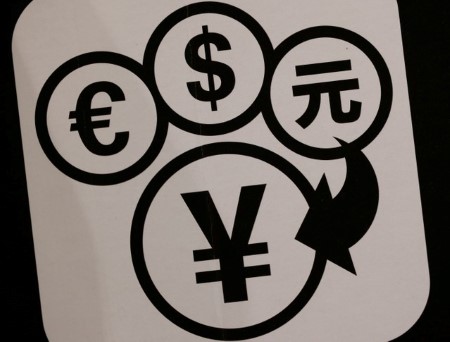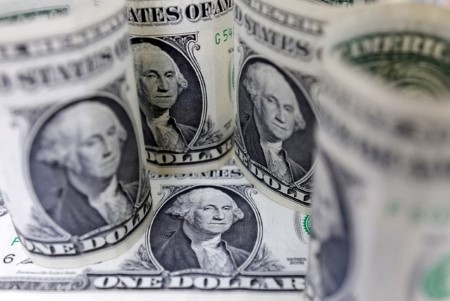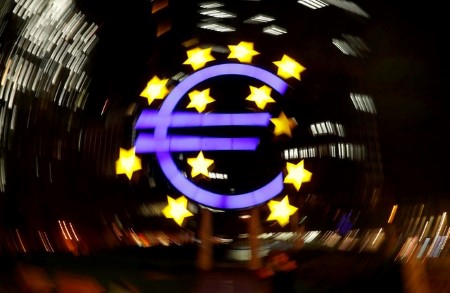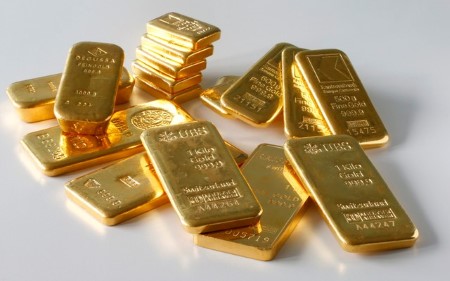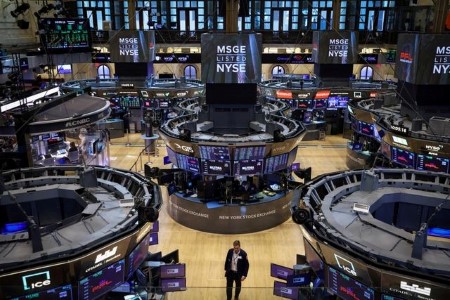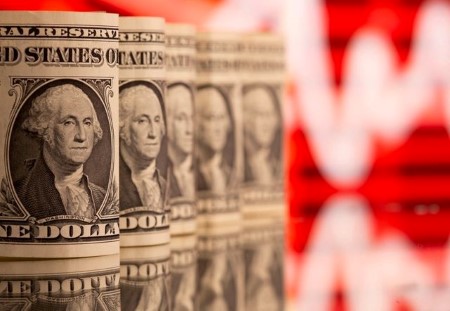SINGAPORE, Sept 2 (Reuters) – Fixed maturity funds are drawing some of their heaviest flows since the pandemic started as investors, nervous about the global outlook, seek to lock in income at some of the most attractive yields in years.
Such funds, which bundle corporate and government bonds of similar maturities, drew nearly USD 3 billion between May and July, according to Refinitiv data, marking three straight months of net inflows.
While preliminary data showed about USD 1 billion of net outflows in August, money managers sound confident that the heavy outflows of 2021 and early 2022 are reversing.
Yield is the primary drawcard and it has increased as central banks around the world have lifted interest rates to tame rising inflation.
Fixed maturity funds are also considered relatively safe as they offer a predictable income stream over a fixed horizon and a diversified portfolio which reduces credit risk.
With US dollar investment grade yields at about 4.8% on three-year debt, compared with three-year Treasuries at 3.5%, investors feel the price is right.
“Inflationary pressures and recent Fed moves have finally put an end to an extended period of declining interest rates, putting interest rates nearer to the higher end within the last decade since the Global Financial Crisis,” said Doreen Saik, a senior credit analyst at global fund manager M&G Investments in Singapore.
“Coupled with a weaker macro and credit outlook and a clear Fed path, we have seen a flight to quality in IG fixed maturity funds, which are relatively more attractive vis-a-vis other asset classes.”
Turmoil in stock markets – with world shares and emerging market shares each down about 20% this year – also makes a decent steady income more alluring.
“I think as we move into the current interest rate environment, we could possibly see more fixed maturity products offered to investors,” said Benny Gay, Vontobel Asset Management’s Asia head of intermediary clients.
“Investors could get yields that are more attractive than two years ago,” he added.
“STRONG CASE”
Part of the reason investors wish to lock in yields now is that they could fall in future if inflation slows down, of which there are some tentative signs in the United States.
Of course that is not yet clear and there are no such signs in Europe yet — so both runaway inflation and the likelihood that any economic slowdown could lead to companies defaulting on their debt present risks to fixed maturity funds.
Still, the flows suggest a degree of comfort.
“You can create a portfolio of higher quality and shorter duration,” said Marcelo Assalin, head of emerging markets debt at asset manager William Blair who has noticed an uptick in client enquiries about fixed maturity funds, especially in Asia.
“The critical thing is to run a diversified portfolio with concentration to a minimum and there’s a strong case for that type of product now,” he said.
For most, that has meant buying into bundles of global bonds though there are some willing to take on more risk in Asia’s emerging markets, where some managers expect a rally once markets price a stable peak for US rate expectations.
“We … see value outside of China in both investment grade and high yield following the recent sell off,” said Luke Chua, senior investment manager at Pictet Asset Management’s emerging corporate bonds team.
“When US Treasuries stabilise, we can rebound here.”
(Reporting by Rae Wee; Additional Reporting by Tom Westbrook and Gaurav Dogra in Bengaluru; Editing by Ana Nicolaci da Costa)







 DOWNLOAD
DOWNLOAD




